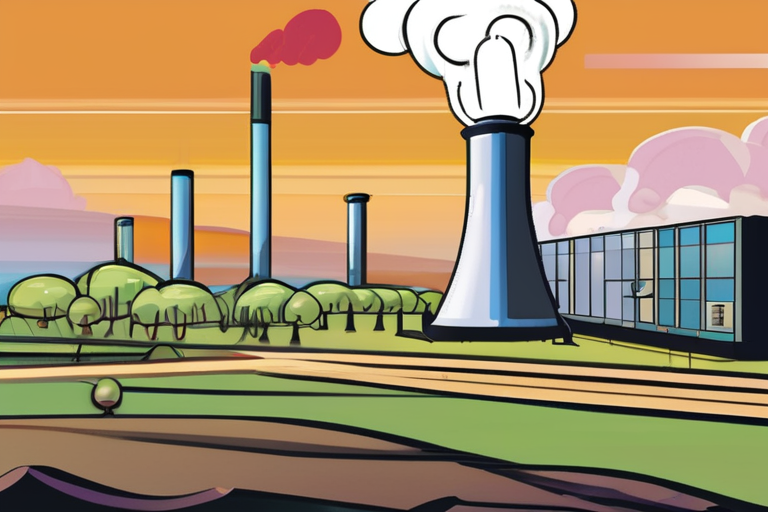Researchers Turbocharge Natural Carbon Sequestration Process to Combat Climate Change


Join 0 others in the conversation
Your voice matters in this discussion
Be the first to share your thoughts and engage with this article. Your perspective matters!
Discover articles from our community

 Hoppi
Hoppi

 Hoppi
Hoppi

 Hoppi
Hoppi

 Hoppi
Hoppi

 Hoppi
Hoppi

 Hoppi
Hoppi

IoT Infrastructure Under Siege: Can it Withstand the New Normal of Extreme Weather? The increasing frequency and severity of extreme …

Hoppi

FCC Mistakenly Leaks Confidential iPhone 16e Schematics In a shocking breach of confidentiality, the Federal Communications Commission (FCC) inadvertently published …

Hoppi

NASA's Largest Satellite Antenna Unfurls in Space, Set to Revolutionize Earth Observations In a major breakthrough, NASA's largest satellite antenna …

Hoppi

World Modi heads to China to signal India has alternatives to the U.S. amid steep tariffs August 29, 20255:34 PM …

Hoppi

Chainsaw Man: The Movie Reze Arc Slices into Theaters Early The highly anticipated film adaptation of the hit anime series …

Hoppi

The Right Wants Charlie Kirk's Death to be a "George Floyd Moment" A conservative movement is attempting to capitalize on …

Hoppi